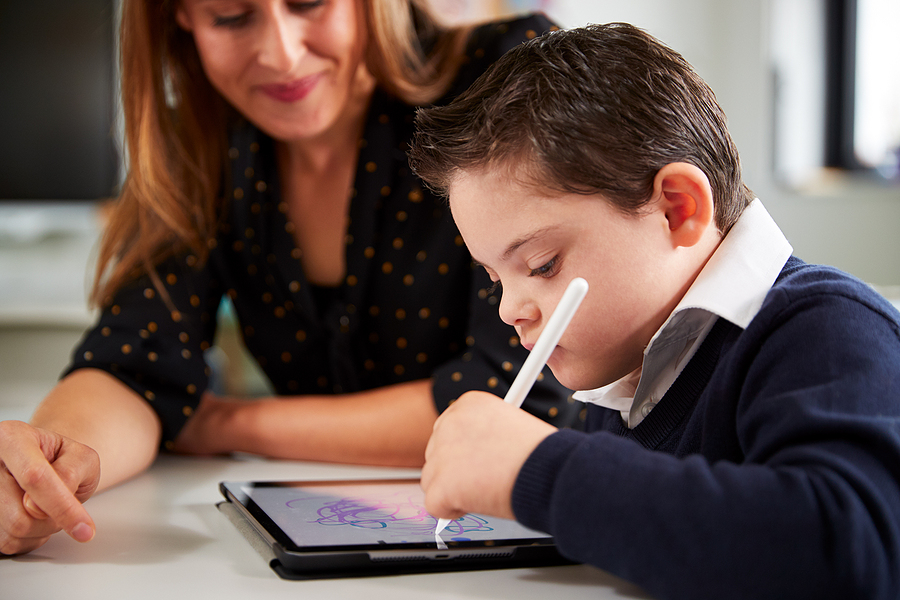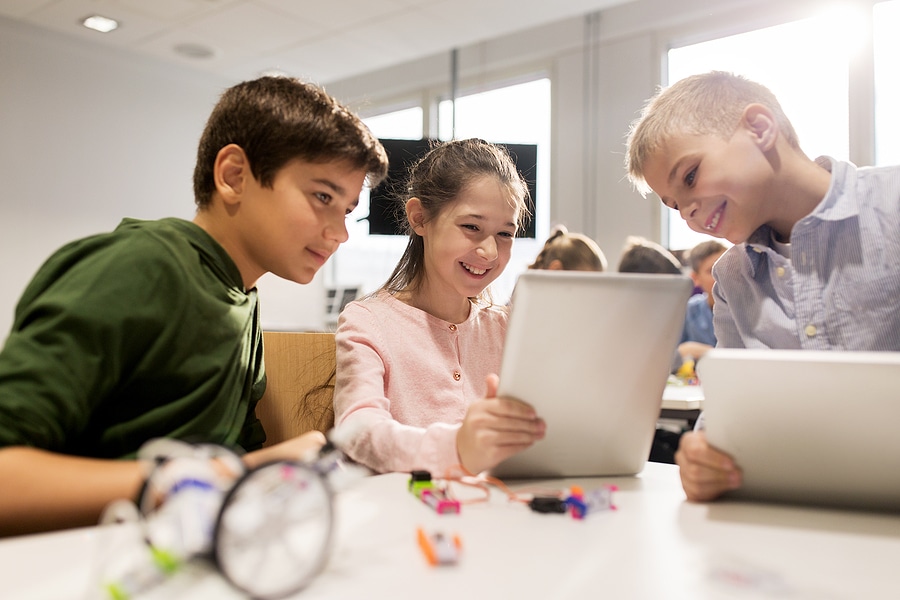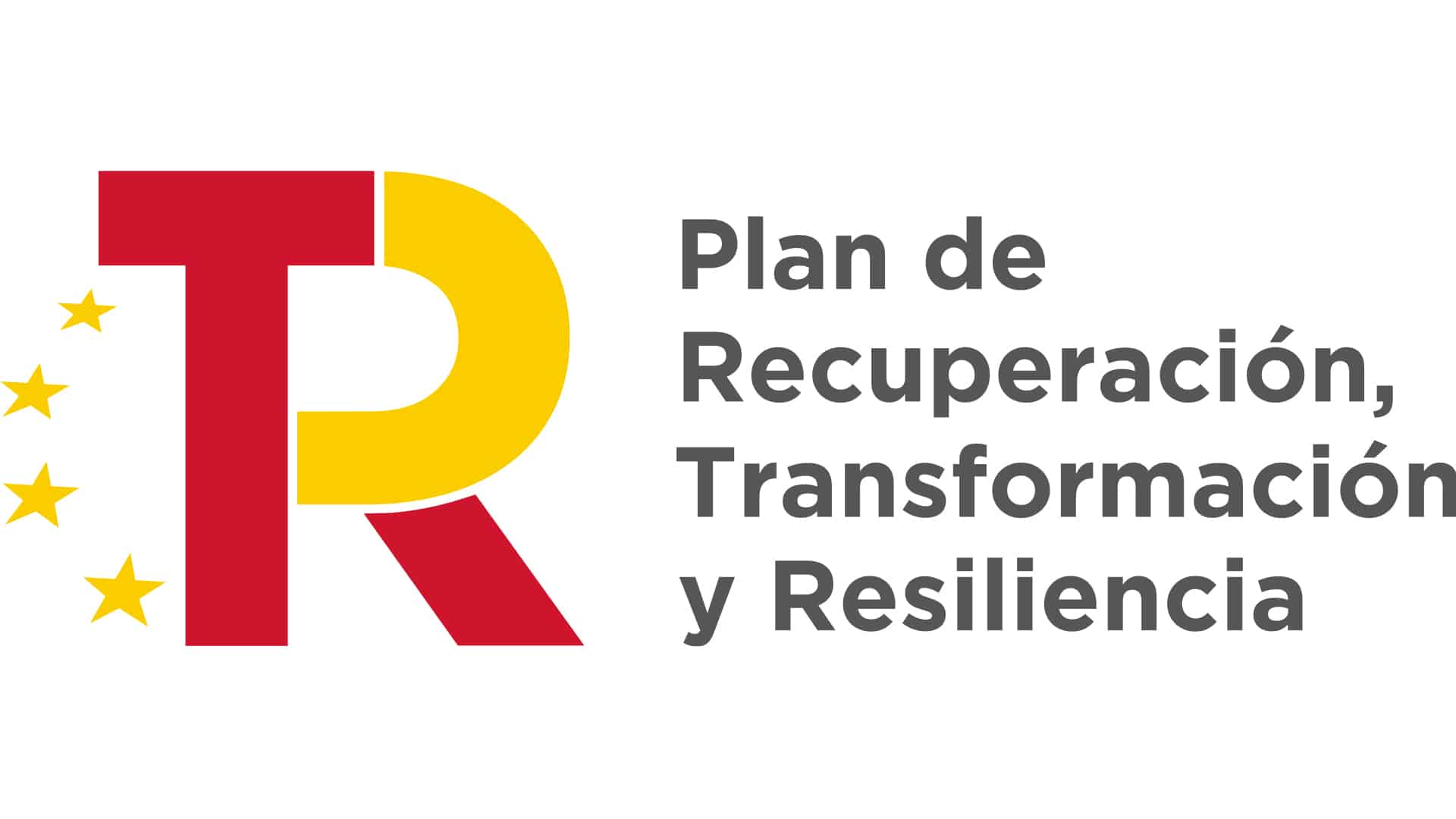Technology opens a world of possibilities in education, particularly for fostering inclusion among students with special educational needs. This article explores how to use educational apps to enhance cognitive skills in Down syndrome, focusing on selective attention, short-term visuospatial memory, and construction ability.
Research on Tablets and Cognitive Skills
A recent study published in the British Journal of Educational Technology examined the impact of independently using three tablet applications on children with Down syndrome. These apps, integrated into the Smile and Learn platform and designed with expert pedagogical guidance, provide engaging, game-based experiences:
- Bubbles: Designed to enhance selective attention, students must pop bubbles containing a specific target element.
- Pairs and Learn: A memory game where players match identical cards, strengthening short-term visuospatial memory.
- Tangram: This construction-based puzzle challenges students to form figures using seven geometric pieces, promoting problem-solving and spatial reasoning.
Key Findings
- Improvements in Memory and Construction Skills: Students who used these applications showed significant progress in short-term visuospatial memory and construction ability.
- Selective Attention Challenges: While no significant improvement in selective attention was observed, researchers noted that the time constraints in the “Bubbles” app may have influenced results. In response, Smile and Learn has introduced an update allowing users to disable the countdown timer, making the activity more inclusive and less time-pressured.
- Interconnected Cognitive Skills: The study found a correlation between visuospatial memory and construction ability, suggesting that strengthening one skill may positively impact the other.
Practical Insights for Educators
- Motivation and Independence: Tablets can be highly motivating for students with Down syndrome, encouraging autonomy and independent learning.
- Personalized Learning: Choosing applications tailored to each student’s abilities is essential. Platforms like Smile and Learn, which allow difficulty level adjustments and visual customization, support diverse learning needs, making classrooms more inclusive.
- Seamless Classroom Integration: Tablets can complement traditional teaching methods, enriching daily lessons and increasing student engagement.
Best Practices for Implementation
- Supervision and Support: While these applications promote independent learning, teacher supervision remains essential to monitor progress, ensure appropriate usage time, and provide guidance as needed.
- Ongoing Assessment: To maximize the benefits of digital tools, educators should track student progress and adjust strategies accordingly, leveraging customization options to refine learning experiences.
By integrating Smile and Learn into the classroom, educators can enhance cognitive development in students with Down syndrome, equipping them with essential skills for a more independent future.
If you haven’t tried our educational platform yet, you can do so through the following link.














